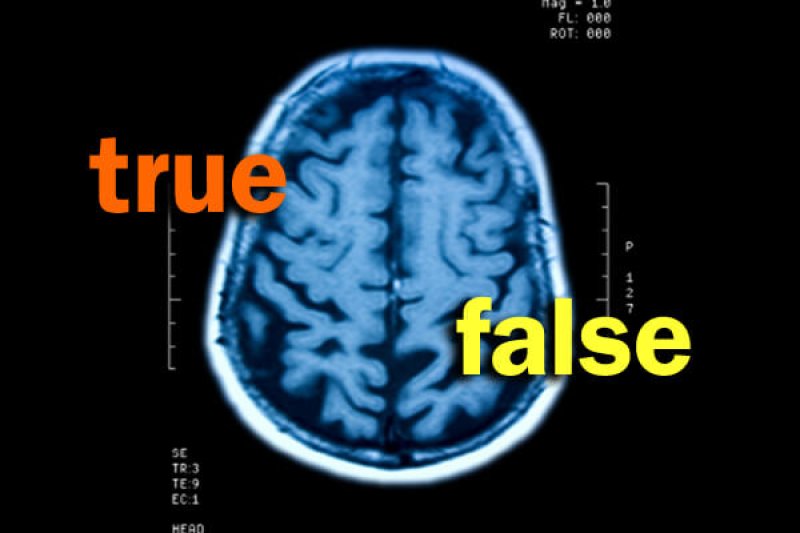It’s fairly common knowledge at this point that the polygraph test for detecting who is lying is not reliable enough to be used practically.
…
A new era of lie detection, however, is starting with research into the use of functional MRI scanning (fMRI) to look directly at brain function to detect who is lying and who isn’t.
…
A recent study examines these ideas. They used two different fMRI techniques, region of interest imaging and whole-brain imaging. They studied 20 subjects with no prior training and gave them quick instructions on the two mental countermeasures I described above. They were then tested with the guilty knowledge test method.
For the regional imaging, the study showed, first, that the technique “works” is that it can statistically separate control items from guilty items (in this case the subjects were given a number to keep secret, then shown several numbers including the secret one). While more effective than polygraph, the results are still not good enough to use as a method for practically telling who is innocent and who is guilty.
…
The implications on this technology for privacy is another question, but one we may have to answer at some point.
Read full, original post: Detecting Lies in the Brain































